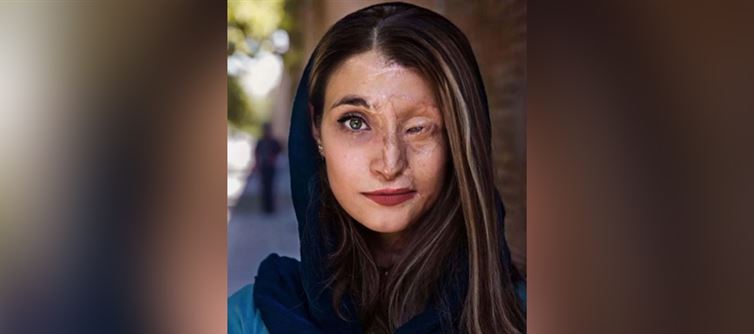
The attack left Marzieh with severe injuries and lifelong physical and emotional scars. But rather than retreating into silence, she displayed extraordinary resilience and courage. In the years since, she has become an outspoken advocate for justice, not just for herself, but for other women like her who continue to suffer under oppressive laws. Despite the immense personal cost, she refused to be broken by the cruelty inflicted upon her. Marzieh has repeatedly challenged a system that would rather erase her voice than allow her dignity, calling attention to the lack of accountability and the state’s complicity in enabling such violence.
Marzieh’s experience reflects a broader reality for many Iranian women: life under constant surveillance, where basic choices—how to dress, how to live—can carry life-threatening consequences. The mandatory hijab is not merely a piece of cloth; it has become a symbol of the state’s control over women’s bodies and identities. For countless women in Iran, including Marzieh, standing up for personal freedom is a dangerous act of defiance. Yet, with every voice like hers that rises against repression, the regime’s hold is challenged, and the dream of a freer, fairer future is kept alive.




 click and follow Indiaherald WhatsApp channel
click and follow Indiaherald WhatsApp channel